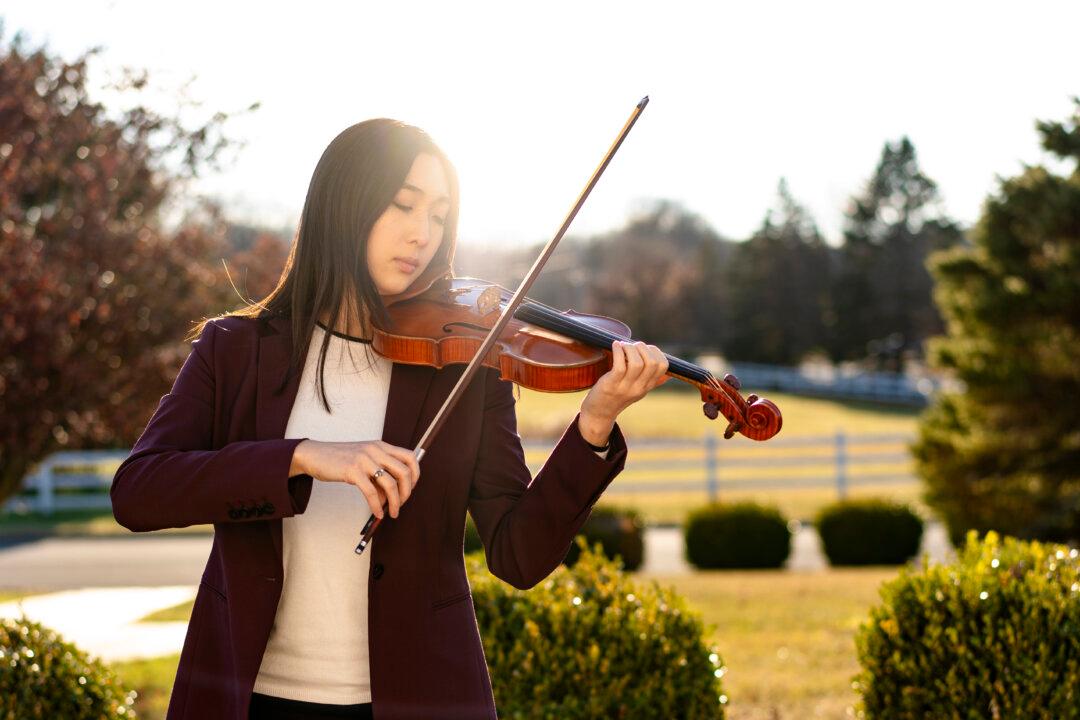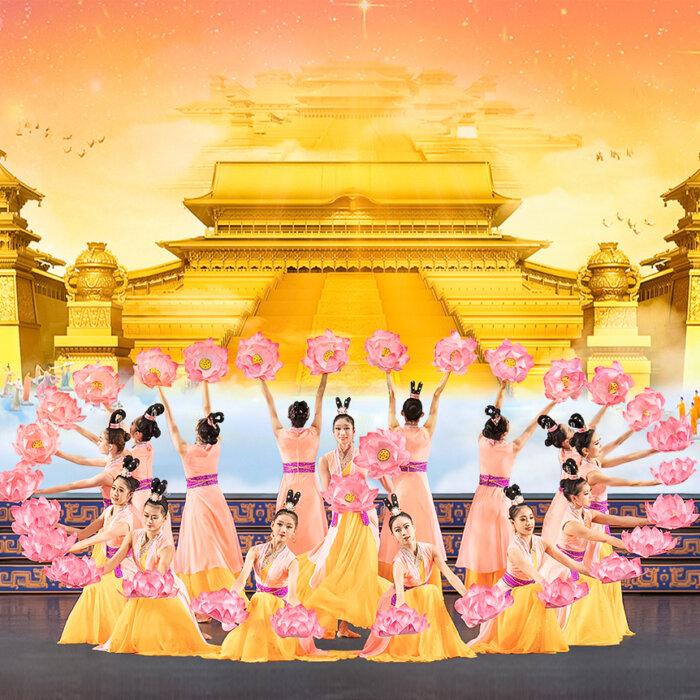The latest in a string of attacks by The New York Times against Shen Yun Performing Arts—the world’s premiere classical Chinese dance company—is not only factually inaccurate, but misrepresents the company’s culture, according to current and former staff members.
In its latest article, published on Nov. 17, The New York Times misrepresents a practicum arrangement Shen Yun has with its two affiliated religious schools, Fei Tian College and Fei Tian Academy of the Arts, that allows talented students to perform with the company.
The article suggests that the company relies on underage performers and makes them work too hard.
The company said the New York Times article is “riddled with inaccuracies.”
“Students perform with Shen Yun as part of a curriculum approved by the New York State Department of Education.”
In its statement, Shen Yun also explained that its primary art form, classical Chinese dance, “is a young person’s game” and how, much like for gymnasts, “the golden years for classical Chinese dancers are their mid-teens into early 20s.”
“For this reason, Shen Yun offers exceptional student performers the opportunity to tour with the company as part of their coursework,” it said.
The Epoch Times interviewed half a dozen artists after the article was published—in addition to dozens of other current and former performers in recent months.
All of them disputed The New York Times’ characterizations of the company.
“So much of it is so not based on facts. It just makes me feel, how did this ever get published when it’s so sloppy?” said Nika Zhang, Shen Yun violinist and concertmaster.
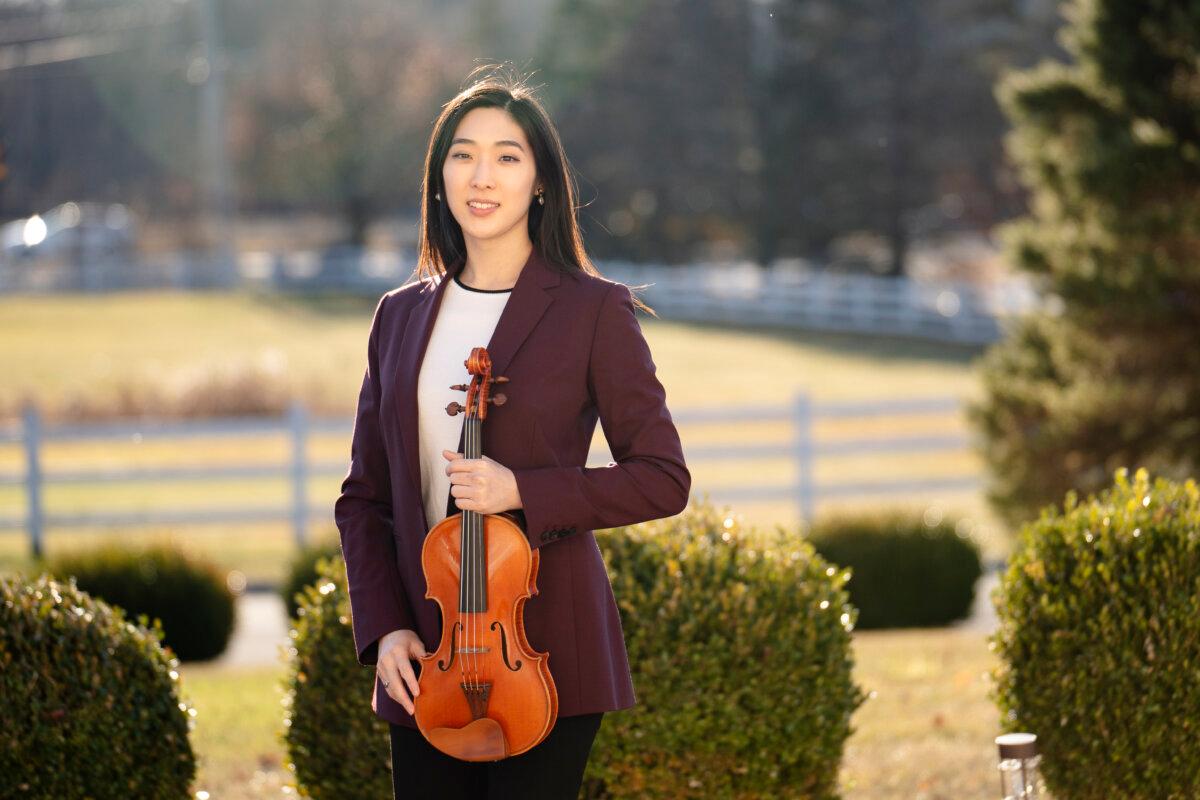
Those interviewed for this article all joined Fei Tian as teenagers and started performing with Shen Yun as part of their studies.
All of them said they applied to Fei Tian with the explicit hope of eventually joining Shen Yun—which performs for a live audience of around a million people at some of the world’s most prestigious venues each year.
Shen Yun was started in 2006 by practitioners of Falun Gong, a spiritual practice based on the principles of truthfulness, compassion, and tolerance. Since 1999, the group has been severely persecuted by the Chinese Communist Party (CCP), including through torture, kidnapping, killing, and forced organ harvesting.
Shen Yun artists practice Falun Gong themselves, and some of their dance pieces depict the persecution in China.
Mission Intertwined With Faith
Shen Yun artists who spoke to The Epoch Times found it baffling that the virtue of working hard would be used against them.“They paint hard work as a bad thing. I don’t see the point of that. I’ve always been proud of my hard work,” said Zhang, who started to tour with the company in 2011 as a student.
“They take a good thing, and they make it sound like a terrible thing,” Shindy Cai, a Shen Yun dancer who started touring with the company in 2019 as a student.
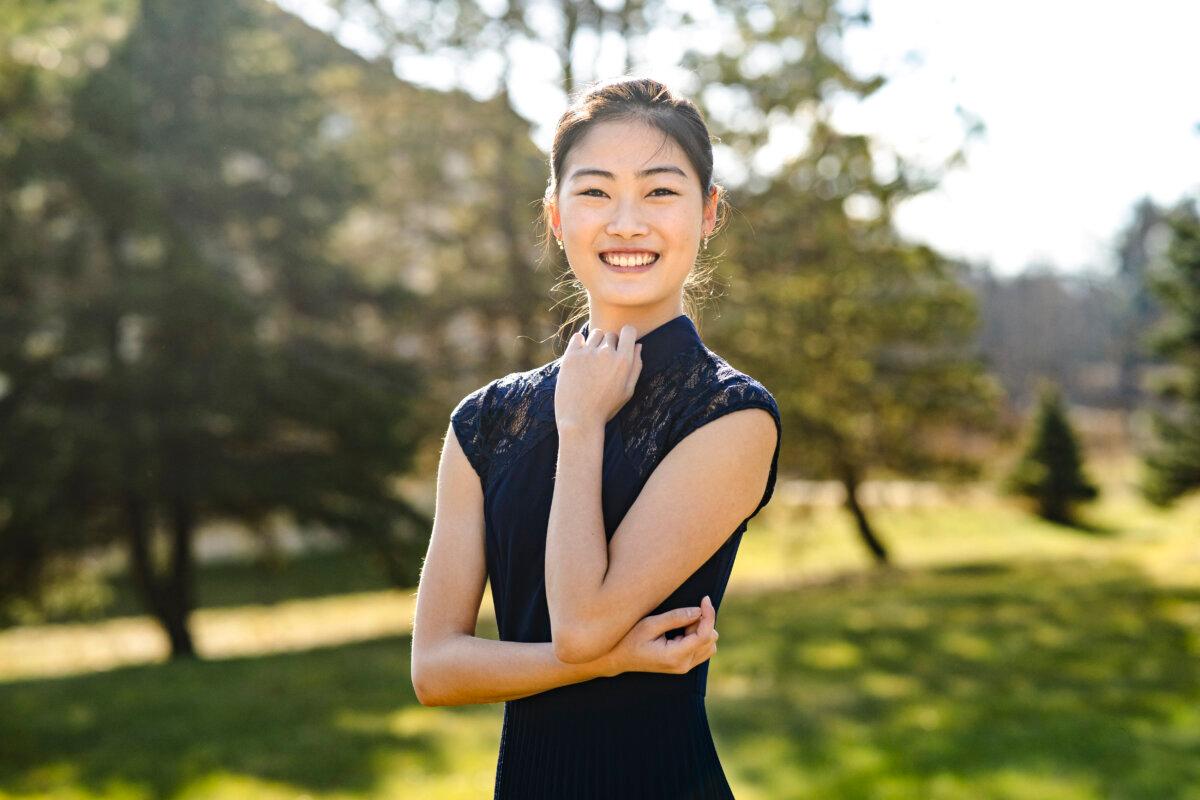
To the artists, it is obvious that performing at the highest artistic level requires significant effort.
“If you go to Fei Tian and you agree to go on the practicum tour, you know what you’re signing up for. You know that you’re serious about being an artist, at least in this period of your life. And if you want to be an artist, you cannot be someone who’s afraid of giving their time and effort and afraid of a little bit of suffering. That’s just how art is,” Zhang said.
Lillian Parker, a Shen Yun principal dancer who started touring with the company as a student in 2018, said many aspiring performers “consider it a privilege to be able to join Shen Yun.”
“And I think when you decide this is what you want to do with your life, of course, you want to put your heart into it,” Parker said
“It’s what we’ve chosen to do with our life. So doing it well is what makes us happy and it gives us fulfillment.”
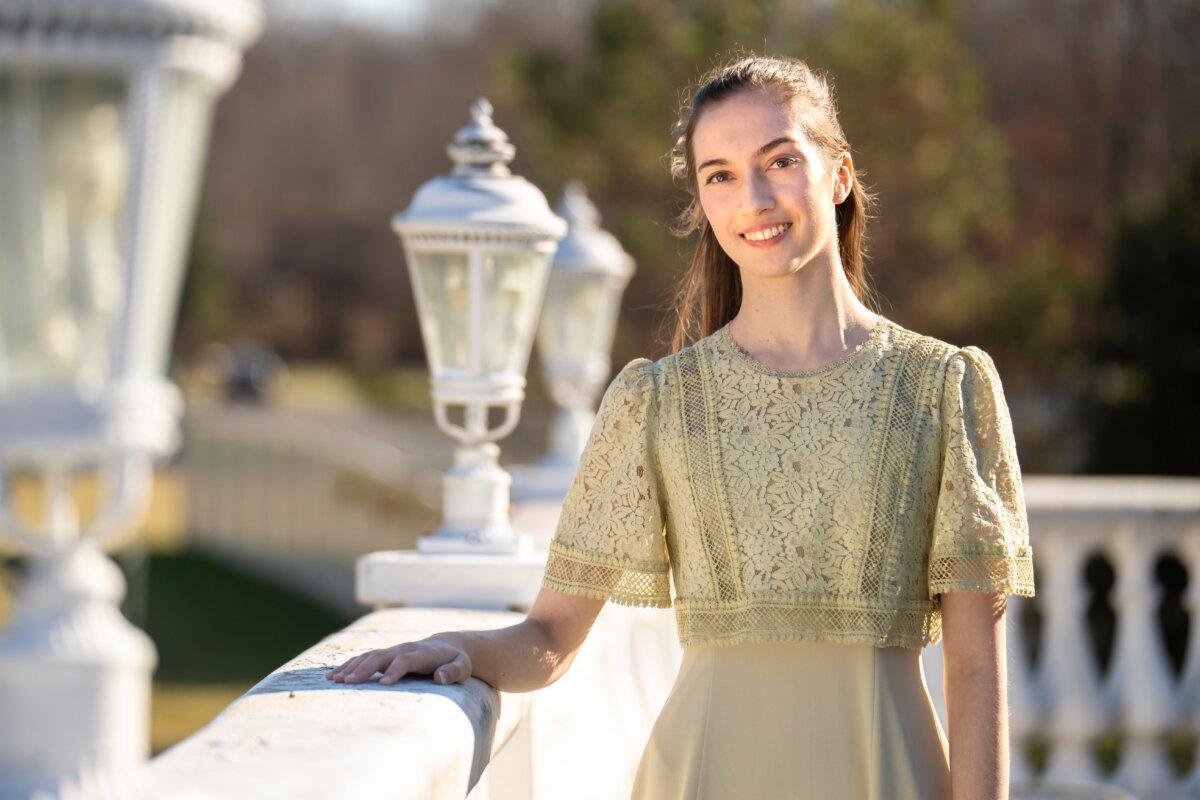
Moreover, the artists said, because Shen Yun’s mission is intertwined with their faith, it gives their art deeper meaning.
“If everything I’m doing is just for fame or fortune or money or status or recognition, then at the end of my life, what am I? Just dust. I would feel very empty,” Cai said.
“That’s why I say Shen Yun is so precious to me, because it fills my heart.”
The New York Times articles felt very personal to several artists.
“I feel like I gained a second family in Shen Yun ... and then for The New York Times to come out with articles like that, it feels like almost a personal attack, like an attack on my family, attack on my friends,” said Shen Yun principal dancer Jesse Browde, whose first tour as a student was in 2019.
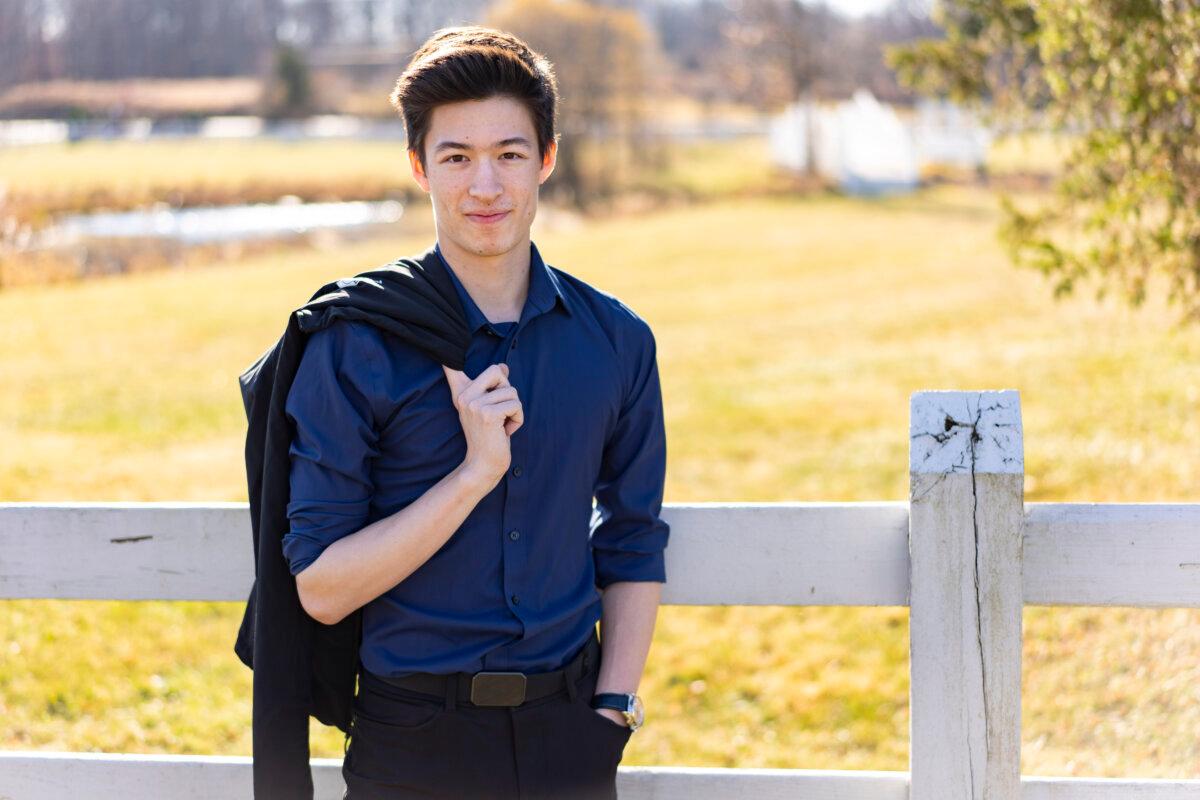
Zhang said she felt offended by the articles.
“Because this is a company that I’m very proud to work for, and I believe this is a very, very upright company, and I’m very proud of what I do,” she said.
From Artist to Performer
Performing with Shen Yun during their student years was invaluable, the artists said.“I’ve got the jackpot, man,” Cai said.
“Some artists train their whole lives to go on stage for that one show at a prestigious theater. And then here Shen Yun is giving so many young artists the chance to perform in all these very famous venues, theaters all over the world.”
All Fei Tian students are on full scholarship, which includes room and board, and amounts to about $50,000 a year. While on tour, all of their expenses are covered, including accommodation, meals, and even most recreational activities, according to the company. Students also typically receive a stipend for personal expenses.
“If you add it all up, it’s actually not a small amount,” Browde said.
“I don’t even need to ask for anything. Everything’s always taken care of.”
Zhang said touring with Shen Yun is a precious experience not available anywhere else.
“You’re a high school student or a college student, you play violin. Where else are you going to be able to perform with a professional orchestra ... in front of so many audiences all over the world?” Zhang said.
There’s a difference between practicing, rehearsing—or even performing at a school production—and performing at a theater before a live audience, multiple Shen Yun artists said.
“What you learn in school and the experience you gain while actually doing it is drastically different,” said Ashley Wei, a former Shen Yun dancer who is now one of the show’s projection engineers. Wei started to tour with Shen Yun in 2009 as a student.
“You can learn theories. You can learn dance moves in an academy. You can stretch. You can learn techniques. But on stage is when you actually put it into practice. And not only that, but you have to learn how to actually be a live performer.”
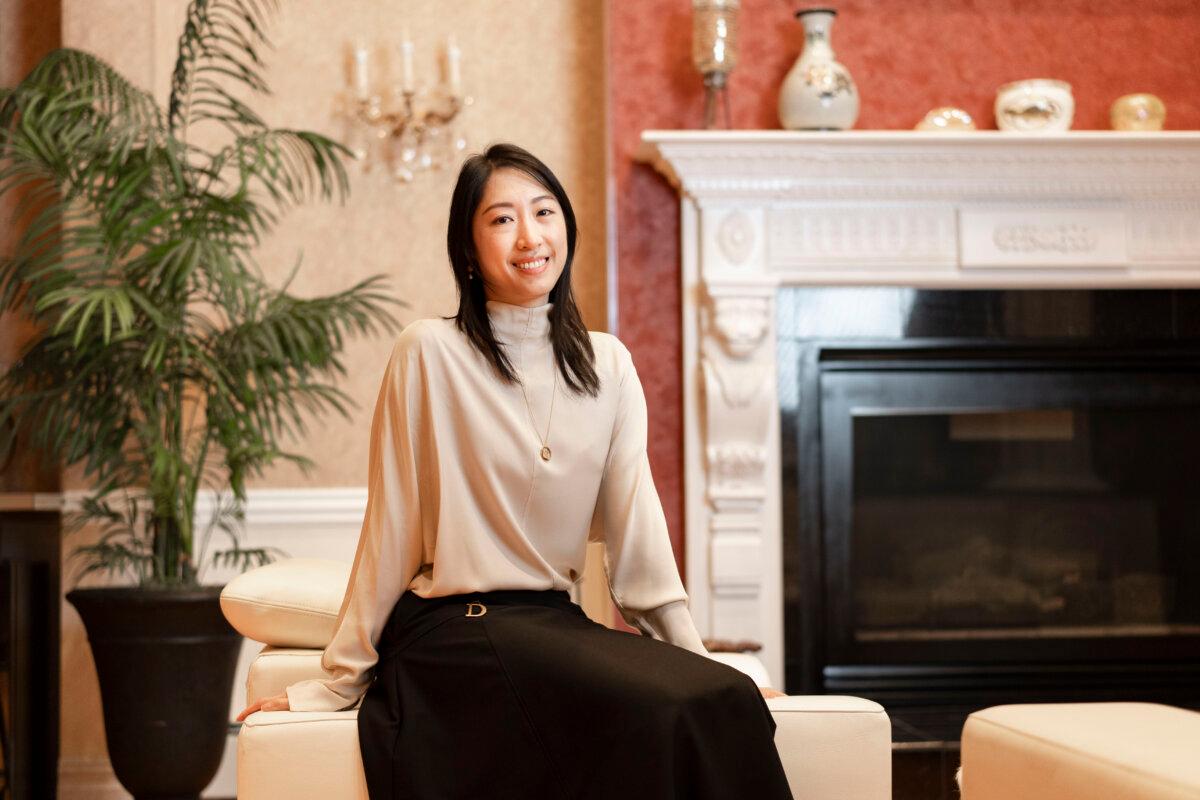
Wei recalled how when she started performing with Shen Yun as a student, the veteran professional dancers in the troupe took her under their wing and showed her the ropes.
Much of what she learned wasn’t about dancing per se, but rather tips and tricks on how to handle the rush of a live performance: how to manage the quick costume changes, how to handle the props, how to keep organized.
“I learned so much as a novice performer in those years, and it was not because the school taught me, it was because these performers paved the way for me. That’s the culture of Shen Yun,” Wei said.
The most important thing, however, was getting used to the mental pressure of performing in front of an audience.
“As you get more and more used to being on stage and the feeling of being on stage with a live audience, that’s when you really become a performer, instead of just a dancer. And any seasoned performer can tell you that spending time on stage is the only way to really bring about this maturity,” Wei said.
All of them agreed that being part of Shen Yun has helped them mature.
“Being here at Shen Yun, being here at Fei Tian for all these years has really shaped me as a person, who I am, through all these experiences,” said Steven Song, a Shen Yun violinist who went on his first tour in 2015.
He’s now finishing his master’s degree at Fei Tian College.
“By the time we hone our craft, we'd also have maybe as much performing experience as very seasoned professionals. That’s not something you get by practicing in the practice room,” Song said.
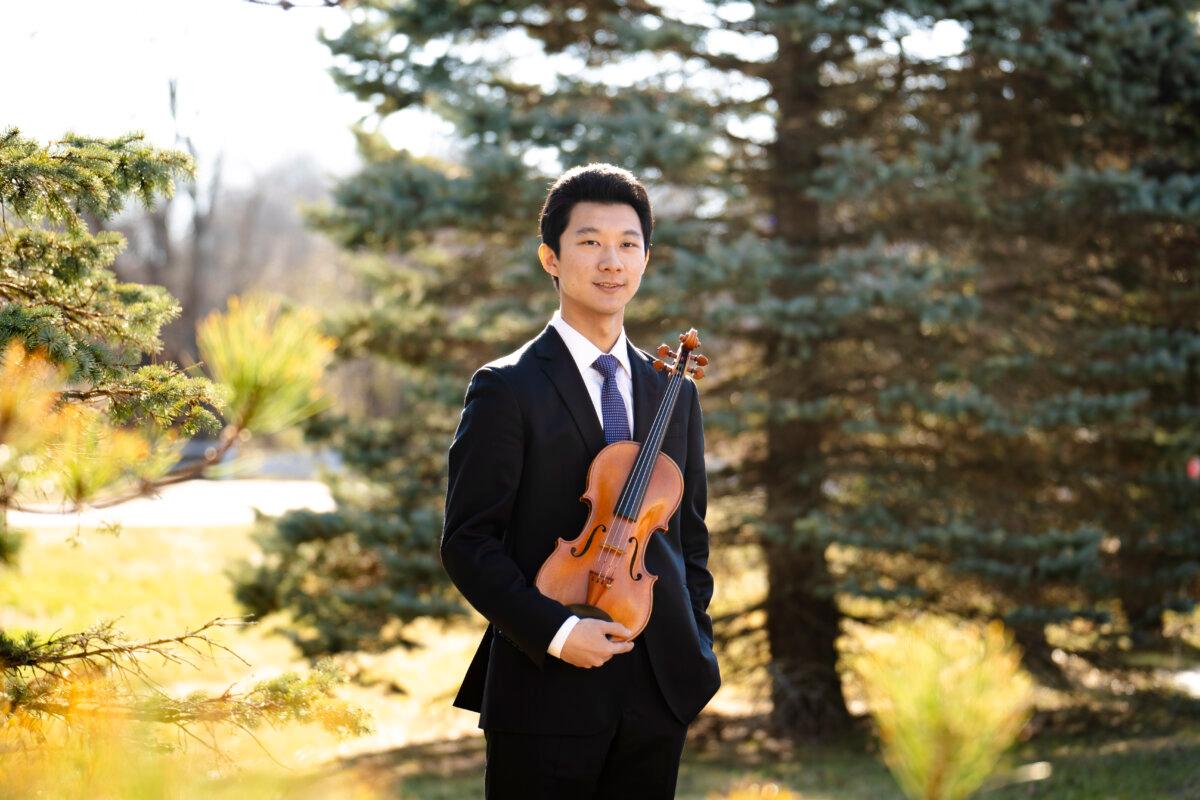
Keeping Up With Academics
It is a challenge for student artists to keep up with their academics, but Fei Tian has developed an effective way to do so, the artists said.The schools operate on a flipped schedule, with a break during winter rather than summer. That means that much of the Shen Yun tour falls outside of the school year. Still, even while on tour, they have hours set aside for coursework. In addition, they are provided with tablets that contain video lessons and worksheets. If they miss class because of a busy performance schedule, they need to make up for it later.
If somebody is falling behind, teachers will work with them individually and find an older student to tutor them.
“You do end up learning a substantial amount of whatever subject you’re supposed to learn, but at the same time, they do consider that you’re training for eight hours a day, and I feel like they balance that incredibly well,” Browde said.
It speaks to Shen Yun’s culture that there are always people ready to help, Cai said.
“You can get a lot of help and a lot of tutoring just by asking,” she said.
It mostly comes down to time management, Song said.
“As long as you pay attention in class, I think all the assignments are reasonable,” he said.
“I think a lot of times we just get lazy or procrastinate too much, then we don’t get the work done or something, and then we’re really frantic when it gets closer to the due date. But it’s all planned out for us in a way that if you just are a little bit more strict with yourself, you'll be able to get the work done.”
Song finished high school with a 1430 SAT score. “It was acceptable,” he said, given his heavy focus on his art.
